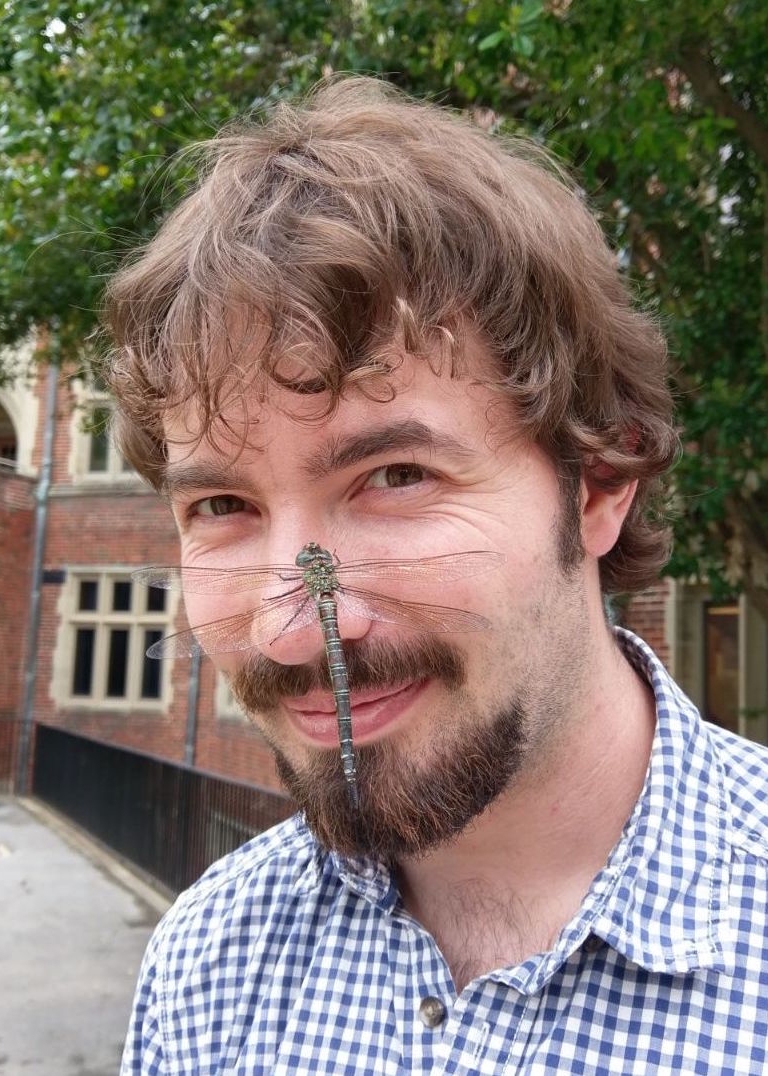Dr. Orlando Schwery
POSTDOCTORAL NETWORK | Global Change Center

Postdoctoral Fellow
Faculty Mentor: Dr. Josef Uyeda
Department of Biological Sciences
oschwery@vols.utk.edu
Google Scholar • Research Website • Twitter
Dr. Schwery is a Postdoctoral Fellow of the Swiss National Science Foundation in the lab of Dr. Josef Uyeda, in the Department of Biological Sciences at Virginia Tech. There, he develops causal models for lineage diversification and approaches for diversification model adequacy. Dr. Schwery received his BSc. and MSc. in Biology from the University of Zurich, Switzerland, and his PhD from the University of Tennessee in Knoxville. Subsequently, he was a postdoctoral researcher at the New Mexico Consortium, and a visiting scholar at the University of Idaho. Prior to arriving at Virginia Tech, he was a postdoctoral researcher in the Wright-Lab at the Southeastern Louisiana University, and a visiting scholar in the Brown-Lab at the Louisiana State University.
As a macroevolutionary biologist, who develops and uses software to answer questions about diversification (speciation, extinction, and their drivers), Dr. Schwery’s research focuses on the formation of biodiversity over evolutionary timescales. Within this, he is pursuing two main goals: to develop rigorous tests that ensure the inferences are correct, and to integrate biological knowledge from other fields into the inferences, in order to bridge the gap between micro- and macro-ecology and -evolution.
On the methodological side, this work includes adequacy tests for simple birth-death models, trait- dependent diversification models, and fossilized birth-death models, as well as exploring further insights to be gained from the characteristics used to described data and models. On the empirical side, he is investigating the influence of biogeography and dung producers on the diversification rates of dung beetles, particularly by leveraging knowledge of fossil diversity.
His current project aims at using phylogenetic path analysis to develop causal models for lineage diversification. The goal of this work is to allow specifying more mechanistic models to test our macroevolutionary hypotheses, to allow integrating more existing biological knowledge, and to test for possible confounding factors like single unreplicated events.





